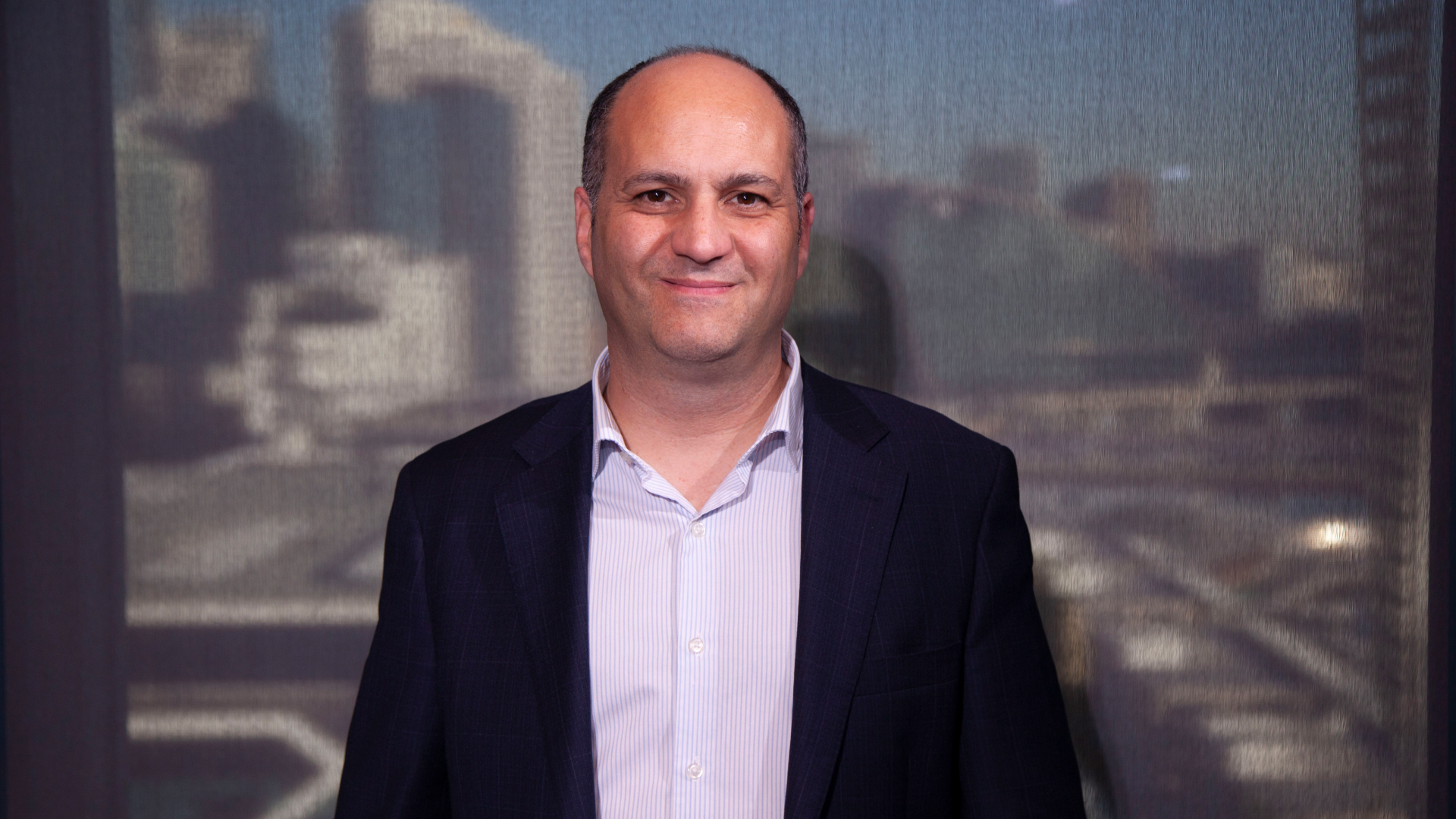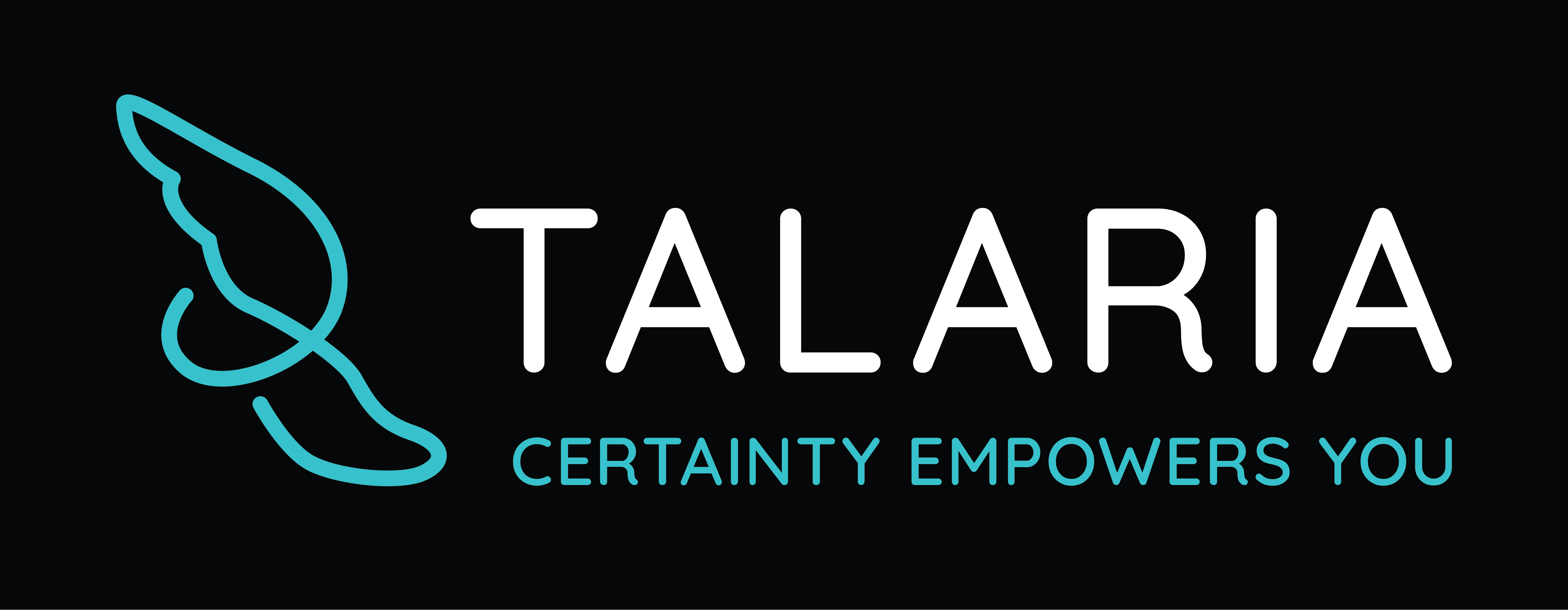How to generate a 7% yield irrespective of interest rates, dividends, and the economic cycle
Note: This interview was recorded on Tuesday 28 May 2024.
Recently, I spoke with a Livewire reader to learn how his investment strategy had transformed over the last 50 years in markets. He still owns many of the stocks he bought back when he started, like the Big Four banks.
As many of you will have read by now, the outlook for the banks in the near term isn't as rosy as it once was - but this Livewire reader doesn't care - all he cares about, and rightfully so, is the yield.
But what if you could generate 7% in annual yield regardless of a company's dividends, irrespective of the juicy income in many fixed income assets thanks to higher interest rates, and without a care of the economic cycle?
According to Chad Padowitz of Talaria Asset Management, the team's differentiated strategy does just that. Using put options to purchase shares they believe are undervalued, the team can generate income far higher than inflation—and that's just income; there are also capital gains.
As part of Livewire's 2024 Income Series, we sat down with Padowitz to learn more about the benefits of using put options to generate income and some of the undervalued areas of the global market the team is finding particularly attractive right now.
A unique strategy to generate multiple sources of return in a portfolio
Instead of buying a company's shares directly, like a normal long-only investor would, Padowitz and his team utilise a unique options strategy that helps Talaria buy shares they believe in at a cheaper price, while generating attractive income.
Put simply, put options are a "promise" to buy a stock at a certain price (typically a lower price).
"As an example, let's assume a company is trading at $100 and we think it's worth $120. Rather than buying it directly, we sell a put option which trades on the stock exchange. We agree to sell it two months out for a strike price of $96," Padowitz explains.
In return for the obligation to buy the company's shares at $96, Talaria charges a premium - for example, $3. Over 12 months, in the case of this example, this would annualise to income of 18% over the year.
"If the share price is below $96 in two months' time, we will get ownership of it, but our net costs will be $93. So we take a lot of risk away. If it's above $96, we won't get it, but we might re-do it. But either way, we keep that $3," Padowitz says.
"Importantly, there's no leverage, so we're 100% cash backed, it's in the local currency of the option and it's exchange-traded."
But wait. 'Aren't put options the playthings of short sellers?' I hear you say. Yes, but these short sellers or hedge funds are using put options because they think a company's share price is going to go down - Talaria, on the other hand, is almost using it as insurance for taking a risk on a new position for the portfolio - one that they are steadfast is going to see its share price go up.
"There's no leverage. It's not speculation. It's merely to get paid for taking a risk with a buffer and to get that share we want to own in a better way," Padowitz says.
For example, Talaria recently bought puts on a German chemical distribution company called Brenntag SE (ETR: BNR).
"Its shares are trading at €70, and we think they're worth over €90. So we think it's very attractively priced for a range of bottom-up reasons," Padowitz says.
"Instead of buying it directly, what we do is we sold a €68 put option. So we agreed to buy it at €68, it was trading at €70, and we got €2 for that. If we do end up owning it, our net cost will be €66, and if we don't, we still got that €2, which adds up to a significant annualised return."

Where Talaria is seeing value in 2024
Talaria, as a value-focused fund manager, is looking for opportunities outside of the Magnificent Seven. They believe that economic conditions will only get tougher going forward - with implications for company profitability, earnings and valuation.
"We've removed ourselves from a lot of that risk within the portfolio to focus on companies less impacted, without specifically trying to forecast what rates will or won't be in any certain timeframe," Padowitz says.
The US is far more expensive than it's been in some time, he says, so the Talaria team has relatively lower exposure there. Instead, Padowitz is finding opportunities in Europe or Japan.
They've bought global pharma companies like Roche Holding AG (SWX: ROG), a French catering company called Sodexo SA (EPA: SW), and a Japanese security company Secom Co (TYO: 9735).
Why Talaria is still sitting on a 20% cash pile
When we interviewed Padowitz as part of our Income Series last year, he told investors he was holding 20% cash. Today, he's still holding 20% cash. So what needs to happen for Padowitz to put this money to work?
When valuations and individual stocks become more attractive, we will absolutely deploy that," he says.
"We are in an environment now where markets are hitting all-time highs. Volatility is very low. There's not much concern about risks, which we think is imprudent... So we absolutely will deploy that when it makes sense to do so."
While Padowitz won't say whether he foresees a market pullback in the near or medium term, he does note that the equation of weakening economic conditions and high valuations doesn't bode well for earnings.
"We certainly see the risk to current equity prices as being relatively high, certainly at the index level, as we speak," he adds.
This means it's more important than it has been in some time for investors to think about differentiated sources of returns and income in their portfolios - and having some cash on the sidelines for when the market eventually pulls back.
Learn more
For over 18 years, the Talaria Global Equity Fund (Managed Fund) has been delivering a greater certainty of returns through its unique and alternative approach to global equity investing, with 8.65% p.a. average income distribution for the last 10 years, low volatility and low drawdowns.

3 topics
1 stock mentioned
1 fund mentioned
1 contributor mentioned


